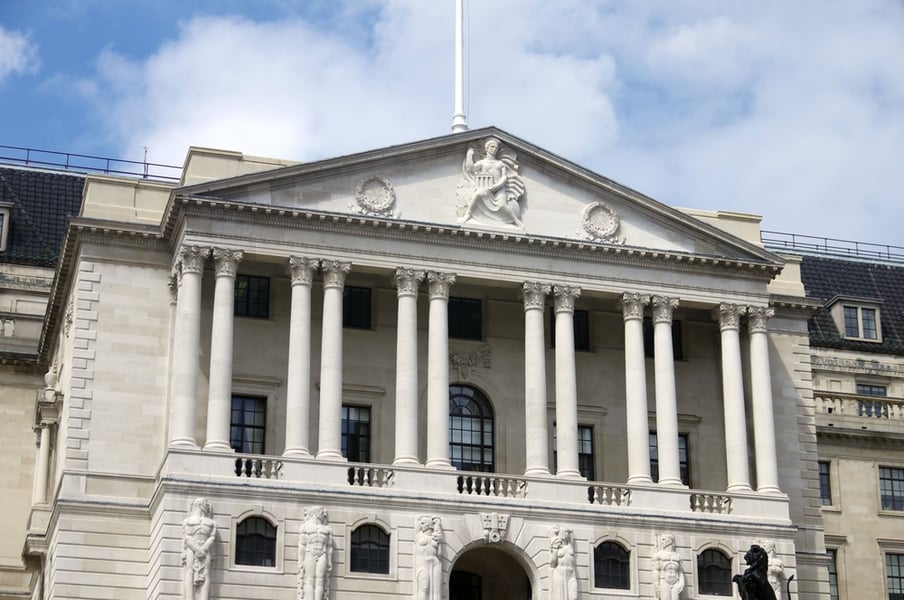
The Bank of England’s decision to raise the base rate from 0.5 to 0.75% is not expected to affect short-term lenders, Benson Hersch, chief executive of the ASTL, predicted.
The Monetary Policy Committee voted unanimously to increase the base rate.
Benson said: “Today’s announcement that interest rates are rising will as expected have a major impact on longer-term lenders, as they may feel compelled to raise rates.
“This will affect exit routes for short term loans, but unless there is an expectation of further increases in the medium term, I don’t expect rate rises to affect short term lenders.”
Alan Dring, consultant at Hope Capital, partially agreed, saying he didn’t expect an immediate reaction either.
He said: “The rate rise is not totally unexpected of course. It’s a reflection the Bank of England sees the economy being in a better state, which is encouraging.
“It will eventually filter through one way or another. There won’t be an immediate reaction. At the moment it’s just business as usual and the sector will adjust as it feels it needs to.
“Most of the funding is pretty stable at the moment. There’s no chance of a radical increase, just maybe a couple of the rates at the bottom end of the scale will be adjusted because they are maybe not as profitable.”
Jonathan Sealey, chief executive and founder of Hope Capital, also agreed and said that said that bridging lenders just need to be aware of any change in their cost of funds affecting their exit routes.
He said: “The 0.25% rise will have a minimal effect on specialist borrowers. Cost of funds will not have risen for most lenders, certainly not for private lenders, and so bridging and other specialist rates are likely to remain the same, affected more by competition than by any decision by the Bank of England.
“More institutionally funded lenders may notice a slight rise in their cost of funds but this is likely to take some time to trickle through to the borrower.
“The key thing that borrowers of short term loans will need to be aware of is that if may affect the affordability of their exit routes if their plan had been to move off their bridging rate onto a long term loan with a mainstream lender who now increases their rates.”
James Allen, head of alternative investment at Walker Crips, added: "For bridging lenders to be sensitive to the base rate, rates would need to be coming up to 5% or 5.5%, which is a long way away. I don’t think rates will rise to 5% for another 10 years."
Jonathan Samuels, chief executive, Octane Capital, questioned the BoE’s decision.
He said: "While a quarter per cent increase won't take home finances to breaking point, it will add to the pressure at a time when confidence is already low.
"The Bank of England's hope is that this hike will be a shot across the bows to overly indebted consumers, and there is some logic in that. But the timing of this rate rise, coming in the shadow of outright politico-economic uncertainty, is less logical.
"Why rock the boat just as we approach the business end of Brexit, all the more so given that inflation is not significantly above target? Thankfully, many households have remortgaged onto fixed rates to protect themselves against rate rises in the medium term."
Paresh Raja, chief executive of bridging lender Market Financial Solutions, warned how it will affect homeowners with a variable or tracker rate.
He said: “For those homeowners paying off variable or tracker mortgages, they will now be faced with an increase in their monthly payments, which could place considerable strain on households.
“What’s more, this rate rise will mean that banks will be more cautious when it comes to approving mortgage applications.
“The stringent lending measures that have been imposed since the onset of the financial crisis a decade ago have made it tough for people to access finance from high street lenders, and this latest rise could make it more difficult for people to successfully acquire a mortgage from a bank due to the increase in monthly payments they will now face.”



